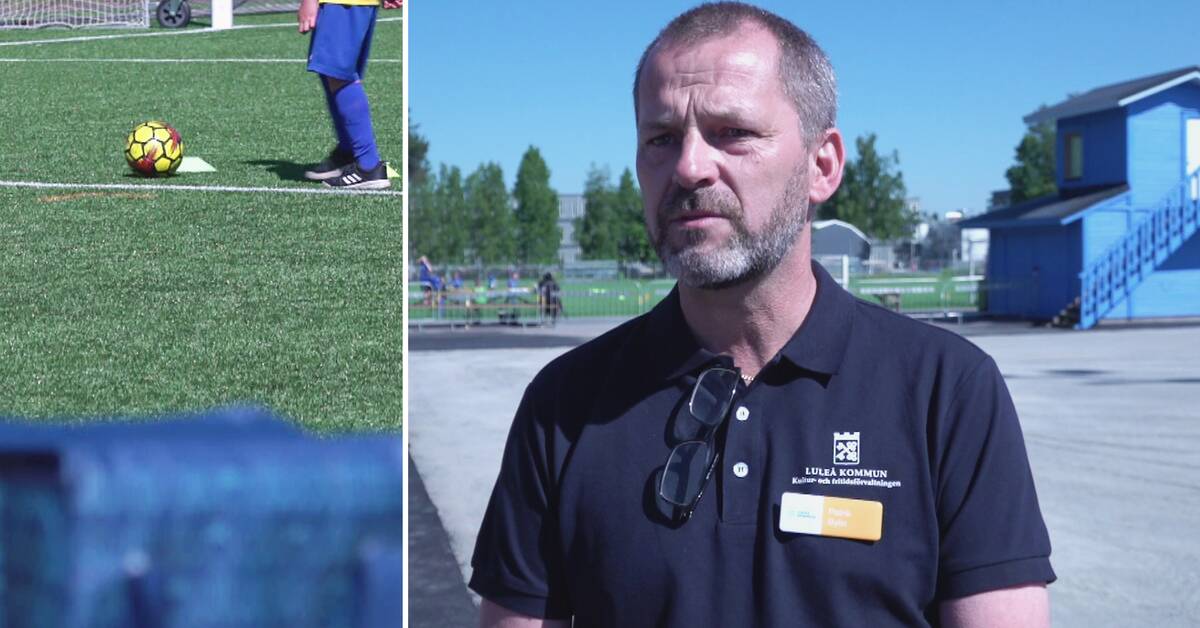- We know that the rubber granules that are in today's artificial turf are not so environmentally friendly.
Now we have the opportunity to test something that should be more environmentally friendly, says the municipality's culture and leisure director Patrik Bylin.
Artificial greens often contain granules made of rubber tires, a significant source of non-degradable microplastics.
Microplastics disappear from the plans with rainwater and snow removal and end up in stormwater wells and surrounding nature.
Olive kernels and sand
More environmentally friendly artificial turf and filling materials are being tested around Sweden.
At Hertsöns Idrottsplats in Luleå, two five-person pitches will be built where different types of granules will be tried;
one made of olive kernels and one of a plastic-coated sand.
Tomorrow, the new artificial turf will be rolled out on the two pitches and in about two weeks it should be ready for play.
In addition to the municipality and the two municipally owned companies Lumire and Lulebo, Luleå University of Technology is also involved in the project
- I will analyze leachate from the new plans to compare the microplastic spread with traditional artificial grass, says Julia Tornberg who studies environmental technology at the university.
The two municipal companies invest 250,000 each and the municipality contributes around SEK 700,000.
In the video, Patrik Bylin tells more about the test
.

